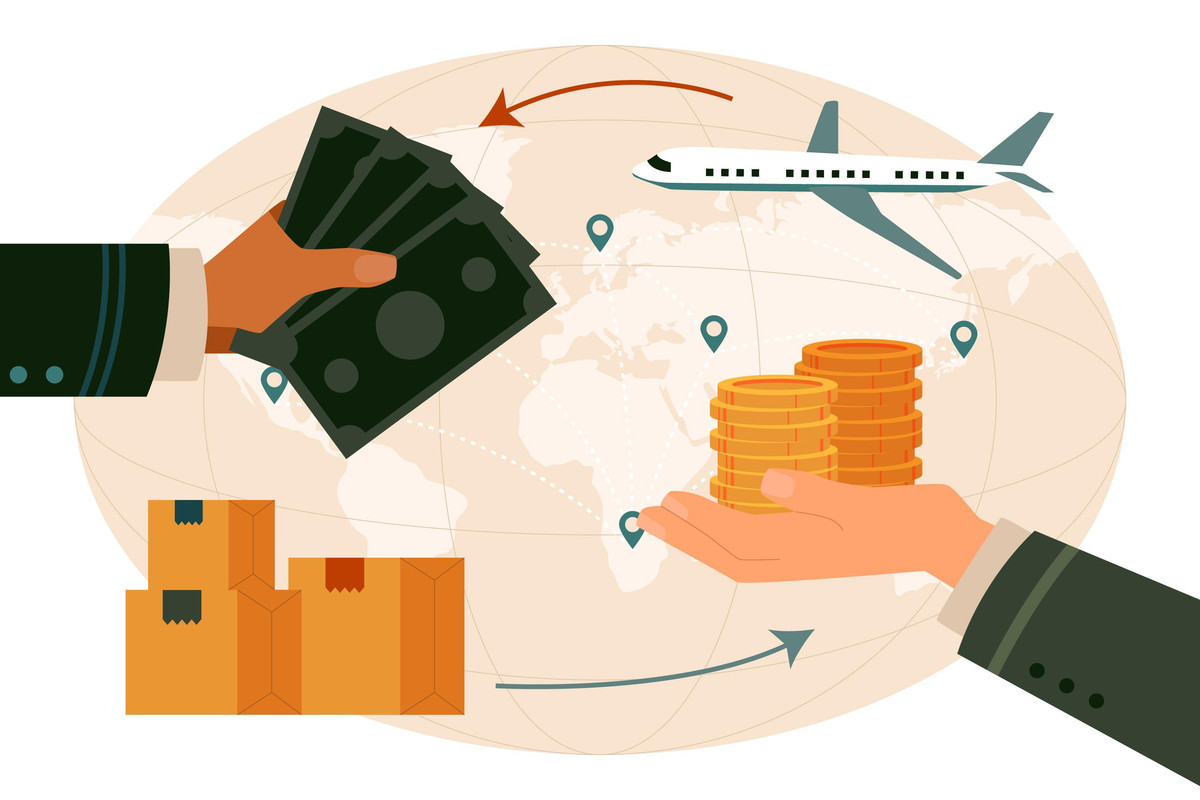
Defining Tariffs
Trade tariffs are government-imposed levies on foreign goods. They are mainly designed to regulate trade and safeguard local markets. By raising prices for foreign goods, nations can promote domestic production.Tariffs change by goods category, country of origin, and trade agreements. For importers, this means understanding the HS code of your product is crucial. Staying informed about negotiations or issues is just as critical, as they can significantly impact tariffs.
Duties: The Cost of Compliance
Import duties are a type of trade tax but are often used to describe fees imposed on specific goods. For example, penalties for unfair pricing may be imposed on products sold below market value, while subsidy-related fees apply to items benefiting from unfair subsidies in their country of origin. These laws seek to level the playing field for local manufacturers.Grasping duty structures involves more than calculating costs—it also means knowing the valuation guidelines. Most nations use the transaction value (the price declared in trade documents) to calculate duties. However, additional charges like shipping costs, freight, or royalties might also affect the calculation.
Taxes: Beyond the Border
Once your merchandise pass through customs, you’ll encounter domestic levies such as VAT or Goods and Services Tax (GST). These fees are usually levied as a rate of the total value of the products, with all costs considered. Unlike tariffs and customs fees, which control imports, taxes are intended to generate revenue for the importing country.For example, the EU charges VAT on most imports, and the rate is determined by local policies. Similarly, nations like copyright charge VAT or GST on imported goods. Some nations also impose extra charges on specific items like spirits, tobacco, or luxury goods.
Advice for Importers
- Research Thoroughly: Before proceeding with imports, examine the applicable tariffs, customs fees, and taxes for your merchandise and its country of origin.
- Explore Trade Benefits: Check whether a Free Trade Agreement (FTA) exists between your country and the source country. FTAs can lower or waive duties for eligible products.
- Seek Assistance: Consult import specialists or legal experts to navigate complex regulations.
- Account for Fees: Incorporate all associated charges into your financial planning to ensure accurate calculations.
Key Takeaways
Understanding tariffs, duties, and taxes is more than just a cost analysis—it’s a critical aspect of ensuring business success. By staying informed about International Logistics, you can minimize costs, stay compliant, and streamline your operations. Don’t forget, knowledge is power in the dynamic world of international trade. Arm yourself with essential insights, and enjoy growth in global markets.